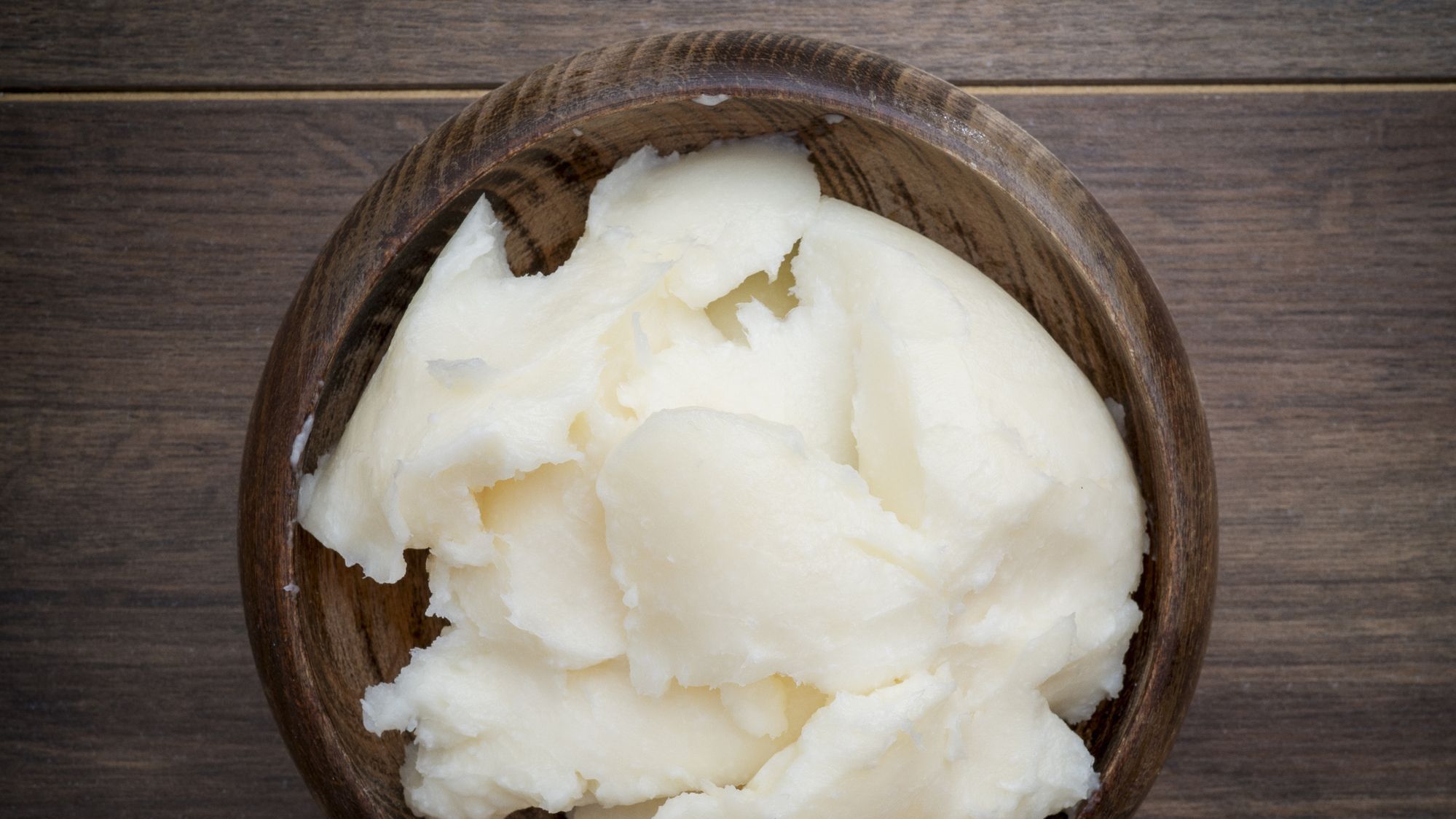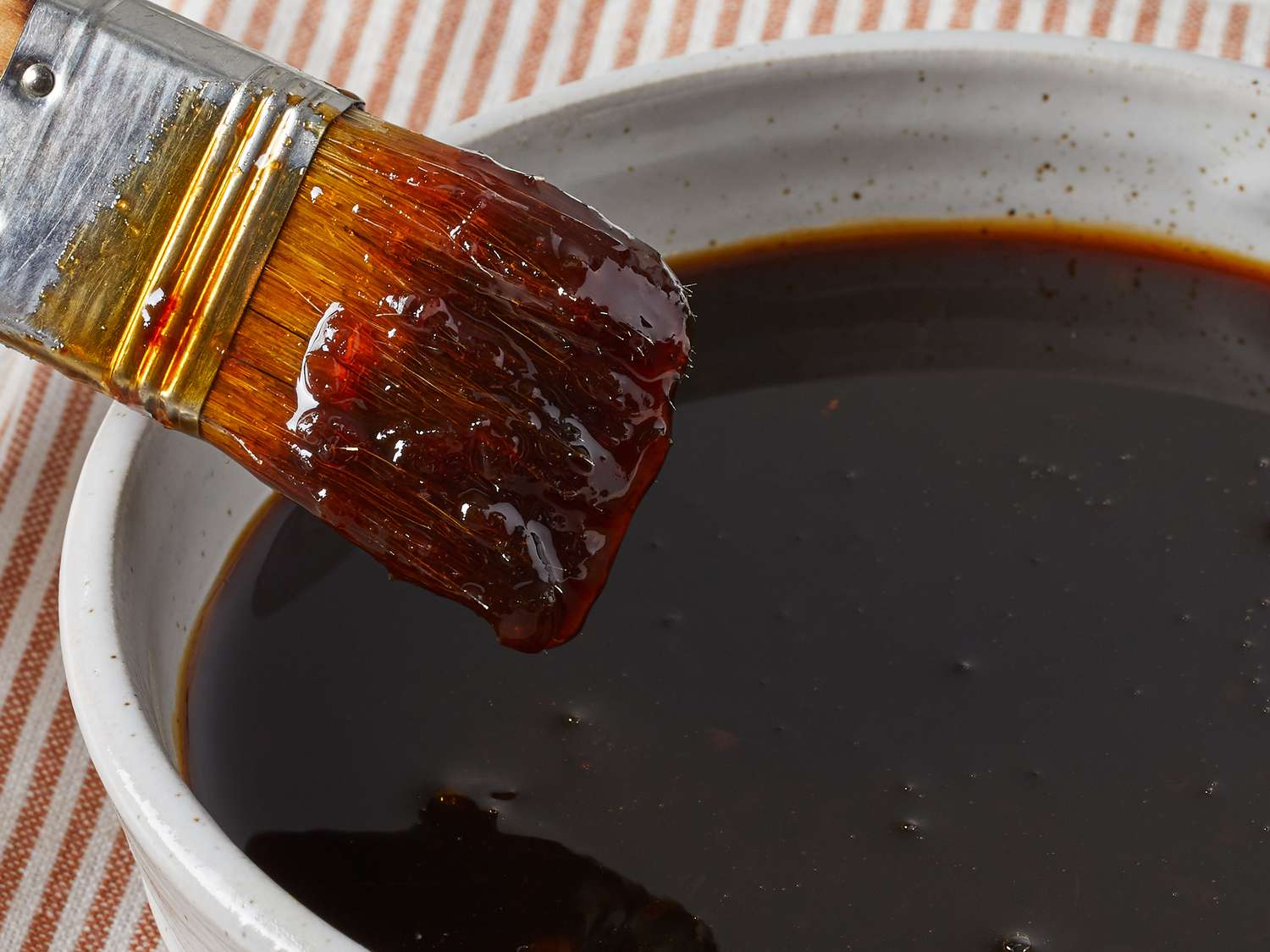Understanding Filtered Water: What You Need to Know
Filtered water is a popular choice for many people who want to ensure that the water they consume is clean and free from impurities. But what exactly is filtered water, and how does it differ from other types of water? Let’s take a closer look at what filtered water is and why it’s a great option for staying hydrated and healthy.
What Is Filtered Water?
Filtered water is water that has been purified to remove impurities and contaminants. This process typically involves passing the water through a filtration system that can remove particles, chemicals, and other harmful substances. The result is water that is cleaner and safer to drink than unfiltered tap water.
How Is Filtered Water Produced?
Filtered water can be produced using various methods, including:
- Carbon filtration: This method involves passing water through activated carbon filters to remove impurities and improve taste.
- Reverse osmosis: This process uses a semipermeable membrane to remove contaminants from water, producing highly purified filtered water.
- Distillation: Water is boiled, and the steam is collected and condensed back into liquid form, leaving behind impurities.
Benefits of Filtered Water
There are several benefits to choosing filtered water over other options:
- Improved taste: Filtered water often tastes better than unfiltered tap water, making it more enjoyable to drink.
- Removal of contaminants: Filtration systems can remove harmful substances such as chlorine, lead, and bacteria, making the water safer to consume.
- Environmental impact: Choosing filtered water over bottled water can help reduce plastic waste and minimize the environmental impact of water consumption.
Is Filtered Water the Same as Bottled Water?
While both filtered water and bottled water undergo some form of purification, there are key differences between the two. Filtered water is typically produced at home or in a commercial setting using filtration systems, while bottled water is packaged and sold in stores. Additionally, some bottled water may not undergo the same rigorous filtration processes as filtered water, making the quality less consistent.
Choosing the Right Filtration System
When it comes to selecting a filtration system for your home, there are several options to consider. Factors to keep in mind include the level of filtration needed, the size of the system, and the maintenance requirements. It’s essential to research and compare different filtration systems to find the one that best meets your needs and budget.
In Conclusion
Filtered water offers a convenient and effective way to ensure that the water you consume is clean and free from impurities. Whether you opt for a simple pitcher filter or a more advanced under-sink filtration system, choosing filtered water can have a positive impact on your health and the environment. By understanding what filtered water is and the benefits it offers, you can make an informed decision about the water you drink.
Was this page helpful?
Read Next: What Is Kung Pao Beef











